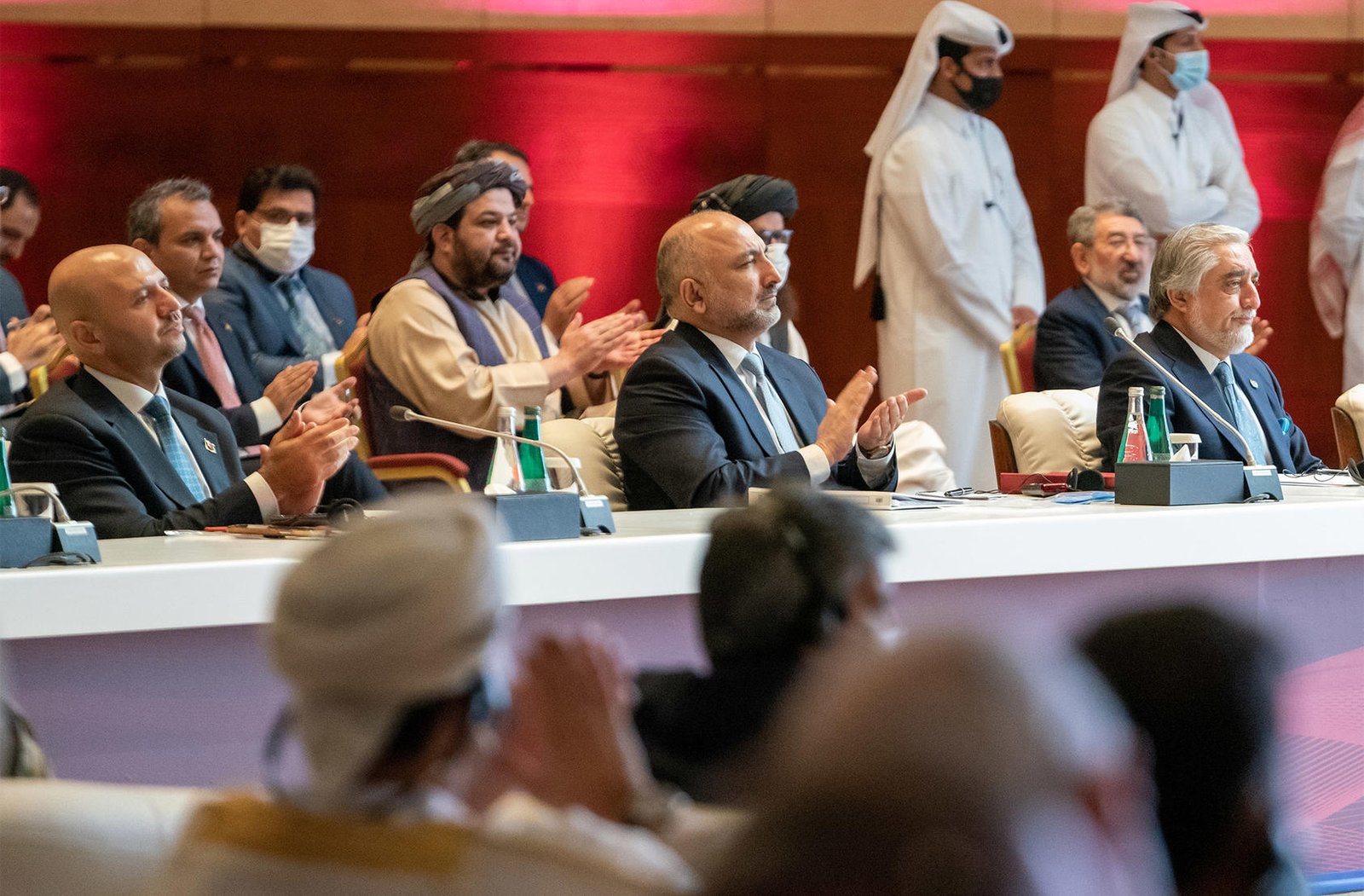Declaration Regarding the U.N. III Doha Conference on Afghanistan
June 10, 2024
Representatives of the concerned countries plan to attend the U.N. III Doha Conference on Afghanistan, which will be held in Doha, Qatar, from June 30 to July 1, 2024.
The United Nations has officially invited the Taliban to participate in this Conference.
This conference is held pursuant to Resolution No. 2721 of December 29, 2023, of the United Nations Security Council, which aims to implement the recommendations and independent evaluations of Feridun Sinirlioğlu, the U.N. Special Coordinator for Afghanistan.
The Secretary General of the United Nations is expected to name a special representative for diplomatic relations with the Taliban administration in light of the Security Council's decision.
The main goal of the proposed Doha conference negotiations is to determine the framework for the international community's constructive interaction with the Taliban's de facto authority in Afghanistan. This ultimately includes creating a "road map" for Afghanistan's "full integration" into the international community.
Afghanistan's full integration into international institutions amounts to its membership in key financial institutions and representation in the United Nations and other affiliated organizations. The Secretary General of the United Nations is expected to report back to the United Nations Security Council within 60 days on the results of the Doha conference.
The Intra-Afghan Coalition for National Discourse supports the UN Secretary-General in his efforts to convene the Doha conference, the UN’s efforts to provide humanitarian assistance to Afghanistan, and its efforts for the peaceful resolution of issues related to Afghanistan through meaningful negotiations.
The Intra-Afghan Coalition for National Discourse emphasizes the importance of the United Nations Security Council resolution on Afghanistan and the independent assessment of Feridun Sinirlioğlu, the U.N. Special Coordinator for Afghanistan, in meeting the urgent needs of the Afghan people in an attempt to restore the civil rights and liberties of the Afghan people and considers its attempt to create a road map for the integration of Afghanistan in the global community a valuable endeavor.
These goals are consistent with the objectives of the Intra-Afghan Coalition for National Discourse. This Coalition considers the efforts of the United Nations to create an intra-Afghan discourse for the benefit of Afghanistan’s national interests. The Coalition hopes that the III Doha Conference process will not be dragged by the powerplay of the geostrategic interests of the regional powers and that the U.N. sponsors of the conferences will be able to steer clear of the entanglement of regional proxies and focus on the political and humanitarian priorities of Afghanistan.
We believe that any solution for peace in Afghanistan that has foreign fingerprints on it and does not reflect the needs of the people of Afghanistan will not succeed.
The Intra-Afghan Coalition for National Discourse represents many Afghan civil rights advocacy groups in the diaspora, civil rights institutions within Afghanistan, and independent political organizations.
Therefore, we request the Secretary General of the United Nations to invite this Coalition’s representatives to join the Afghan Civil Society delegation participating in the III Doha Conference. We are sure that a delegation representing the Intra-Afghan Coalition for National Discourse will play a positive role in the success of the III Doha Conference.
In the meantime, the Intra-Afghan Coalition for National Discourse demands that the Taliban administration take the initiative by organizing the Loya Jirga, reflective and representative of the ethnolinguistic diversity of the country and convene a national committee to draft a constitution for Afghanistan, so the people will be living under the rule of law in a government that has popular legitimacy. The Taliban may control the geography of Afghanistan, so they need to reach out to the people of Afghanistan and become their government to be recognized. This is their social, political, moral, and Islamic duty.
We once again demand the Taliban authorities ensure the civil rights of the country's citizens, especially the rights of women to education, employment, and dignity.
Zaman Stanizai, Ph.D.
President,
Intra-Afghan Coalition for National Discourse


